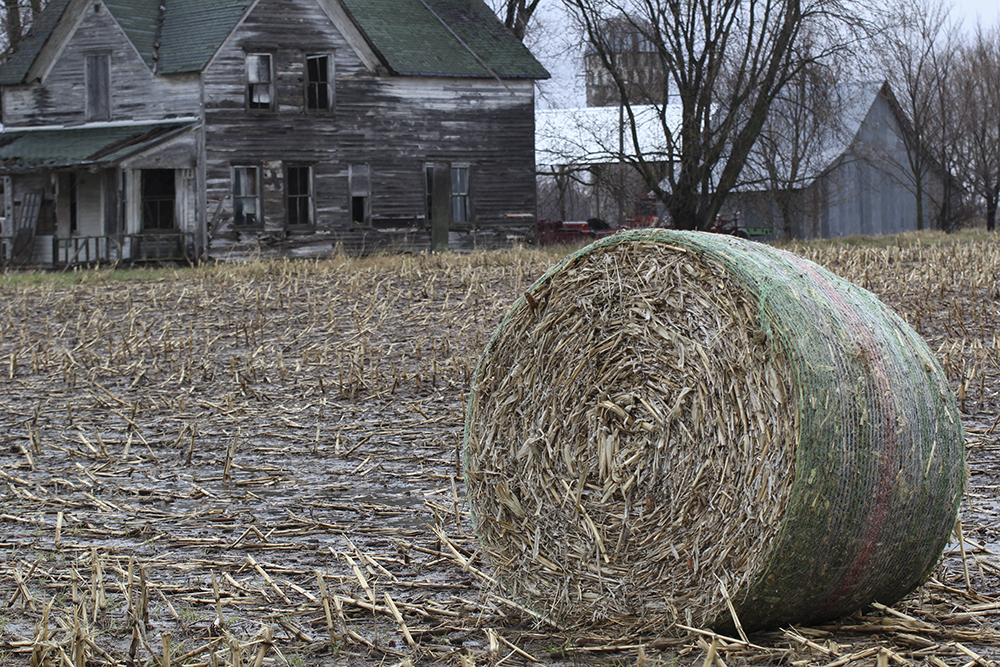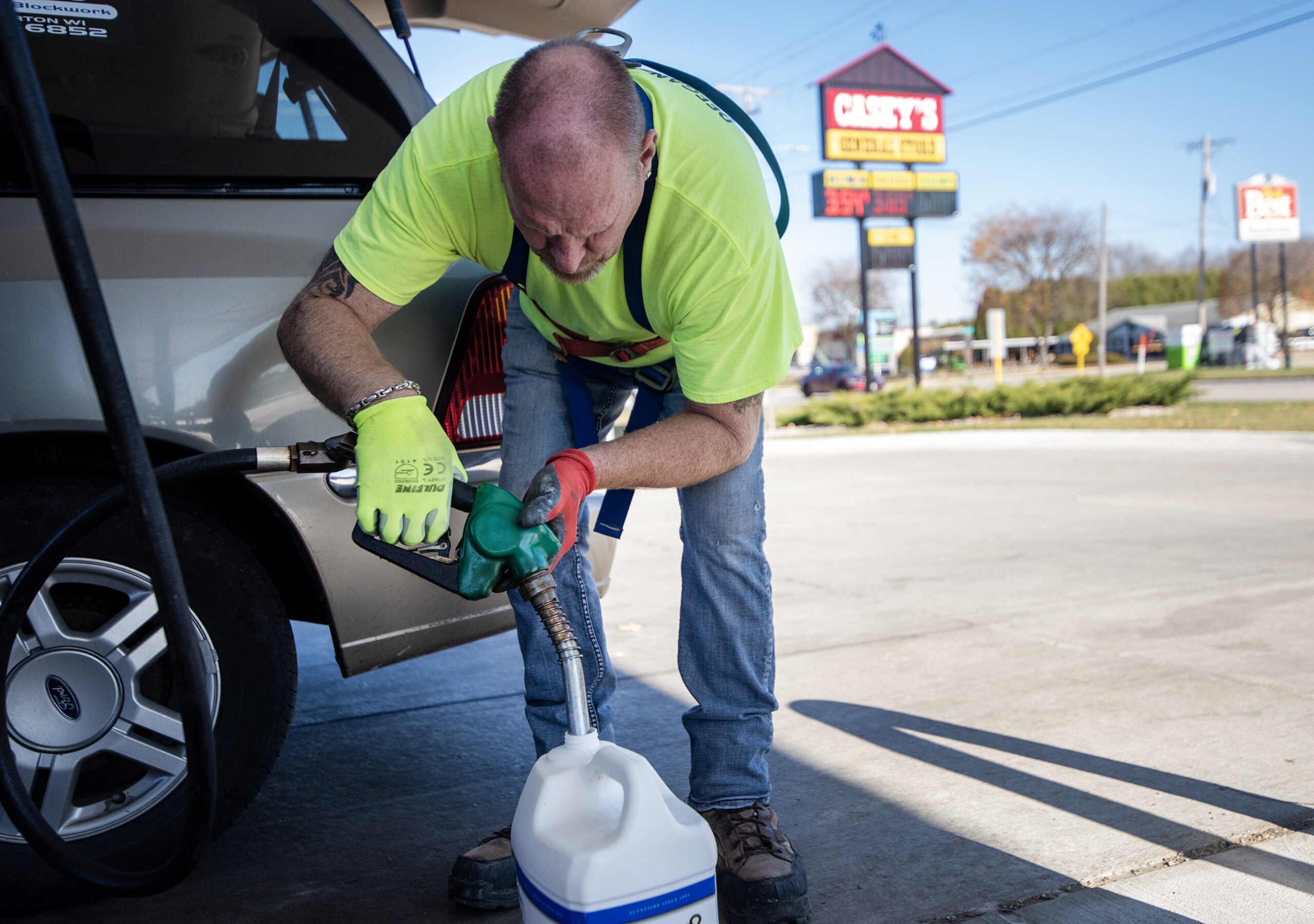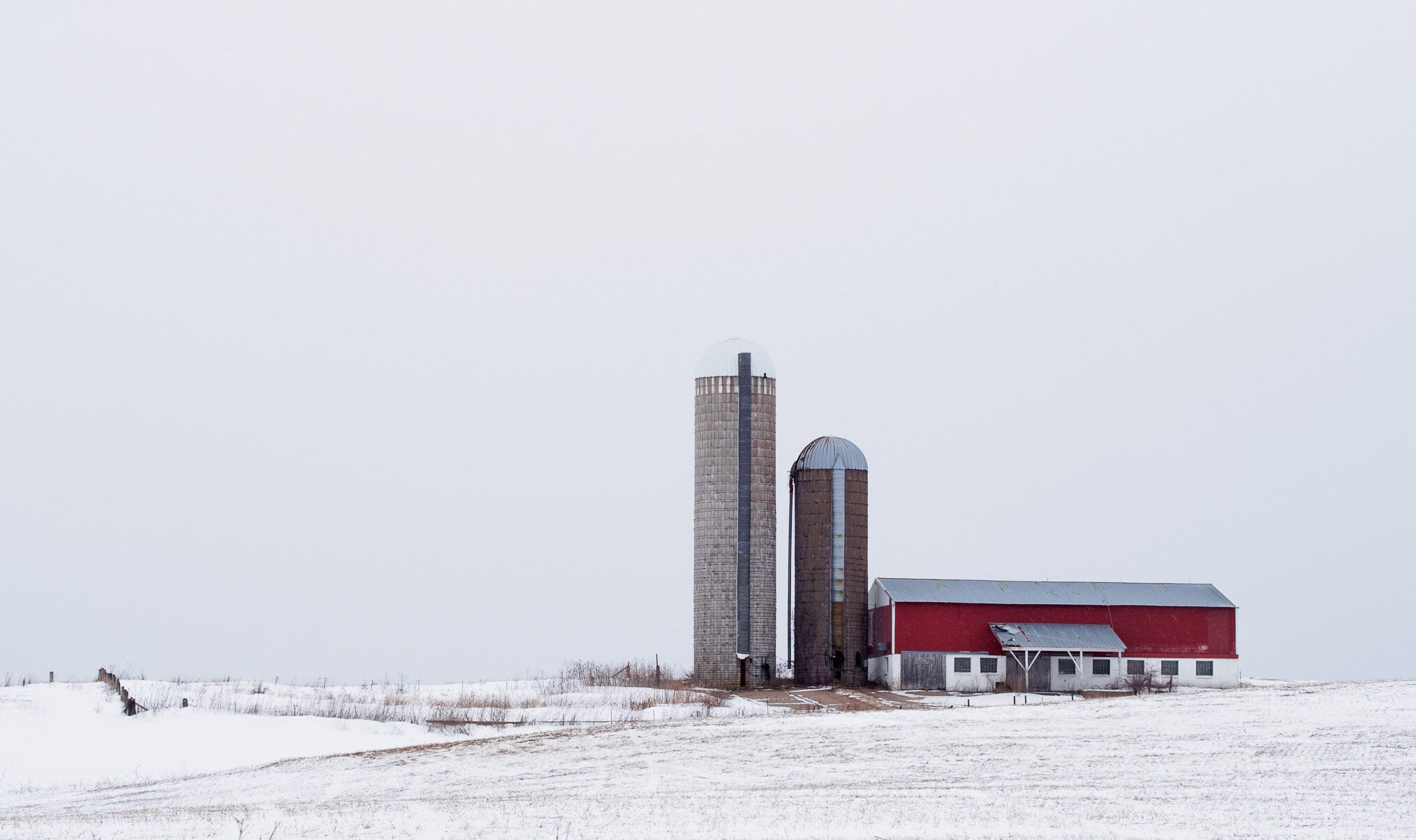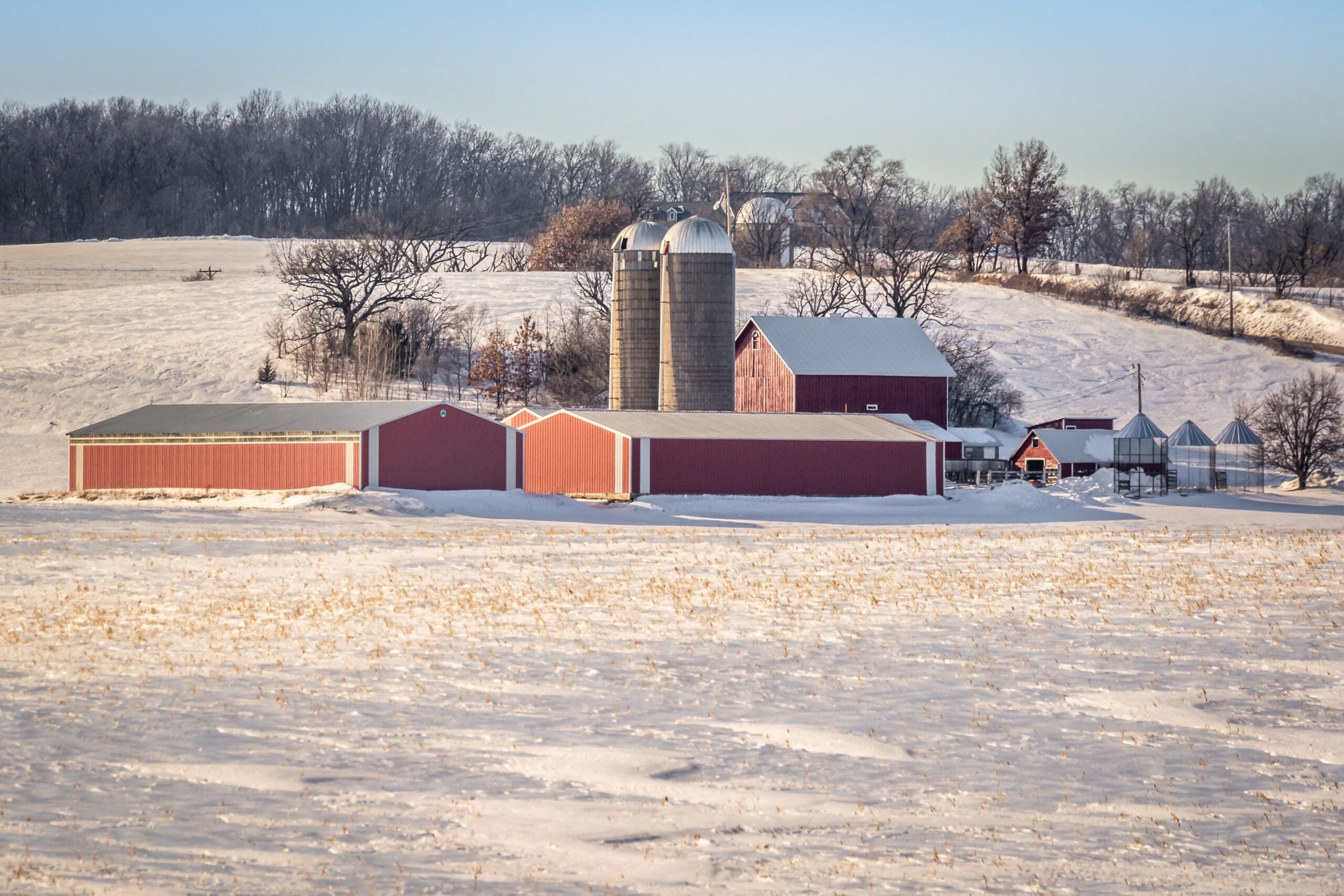Wisconsin farmers might have trouble securing loans needed to plant this spring thanks to the COVID-19 pandemic.
The coronavirus outbreak has already impacted commodity markets, with prices for corn, milk and other products falling in recent weeks.
Mike Lochner, economic consultant at the Wisconsin Farm Center, said low prices have a direct impact on a farmer’s earning potential. He said ag lenders look at a producer’s income minus their operating expenses, existing debt payments and their family living expenses to evaluate their ability to pay off a loan, called debt service coverage.
Stay informed on the latest news
Sign up for WPR’s email newsletter.
“A lot of farmers have had struggles trying to meet that 1.0 minimum standard (for debt service coverage) that lenders and regulators want to see,” Lochner said.
He said the recent price decline is even more difficult because it comes after years of low commodity prices. And that has an impact on a farmer’s collateral, or the assets they’re borrowing against.
“(In) the last two, three years, the valuations of cattle and equipment have dropped dramatically because of the depressed milk prices and the depressed grain markets,” Lochner said. “Essentially, the lender has less dollars he can loan to that farm. And a lot of it depends on the collateral position going into the request (for financing).”
Matt Ginder, chief core markets officer for Compeer Financial, a farm credit cooperative, said the pandemic has been on the minds of their loan officers this year.
“In the short run, it’s definitely something that is taken into consideration as we look at projections and look at projected cash flows in particular,” Ginder said.
Ginder said COVID-19 has had a major impact on the United States food system, changing how and where consumers buy most of their food.
“The entire economy has been scrambling,” Ginder said. “Because of the impact of coronavirus and all of the ‘shelter in place’ or ‘stay-at-home’ orders in the different states, it just was a radical and significant and swift change and disruption to the normal consumer patterns.”
But Lochner said it’s unclear how these disruptions will impact the number of farmers unable to get a loan in 2020 compared to previous years.
The Wisconsin Farm Center, a program through the state Department of Agriculture, Trade and Consumer Protection, offers financial planning help to producers.
Lochner said most farmers are referred by their lender to the Farm Center after they’re denied a loan or new credit. But he said the program hasn’t received many inquiries yet this year.
Ginder said Compeer has actually seen a recent increase in its loan volume and has even added new customers as other lenders turn away from farm loans.
“There are some lenders that have pulled back from the ag space,” Ginder said. “We are a single industry lender essentially, committed to agriculture and rural America. And so we’re in it through the inevitable production and commodity cycles.”
Ginder said farmers could benefit from the low interest rates caused by the pandemic, lowering their overall operating expenses.
The new coronavirus has also affected the lending process. To avoid the spread of COVID-19, some banks and lending agencies have closed their offices to the public.
Ginder said Compeer closed their offices to the public in March and now have most employees working remotely.
“A lot of the transactional aspects of extending credit or making a new loan have now definitely moved to digital and moved online. So that does have an impact on how the producer, how the farmer or the client goes through the process, in terms of maybe submitting information or asking their questions, or even closing the loan,” Ginder said.
But he said that process has not been easy for everyone because of the lack of broadband access in some rural areas, both for farmers and Compeer employees.
Wisconsin Public Radio, © Copyright 2025, Board of Regents of the University of Wisconsin System and Wisconsin Educational Communications Board.







